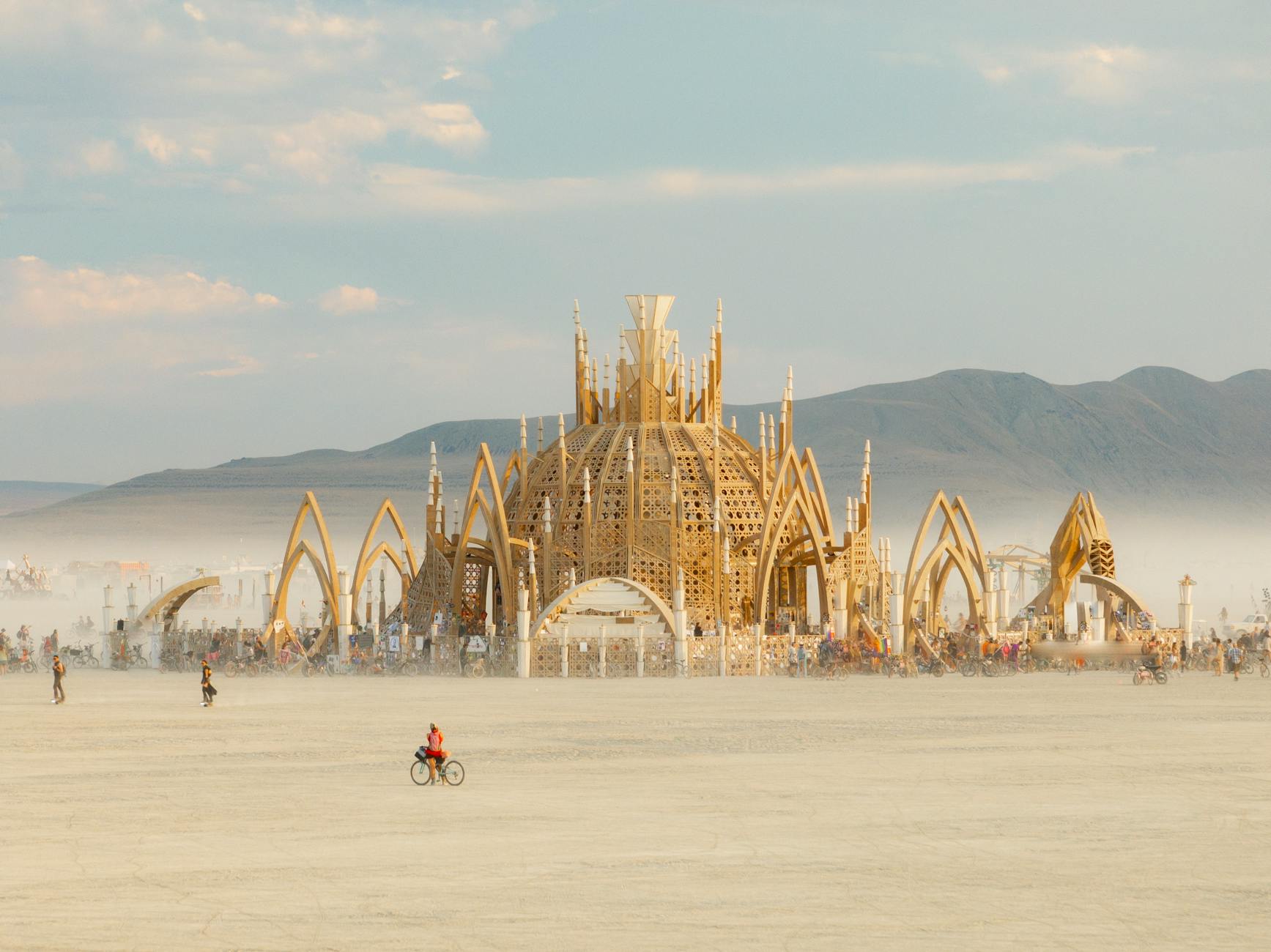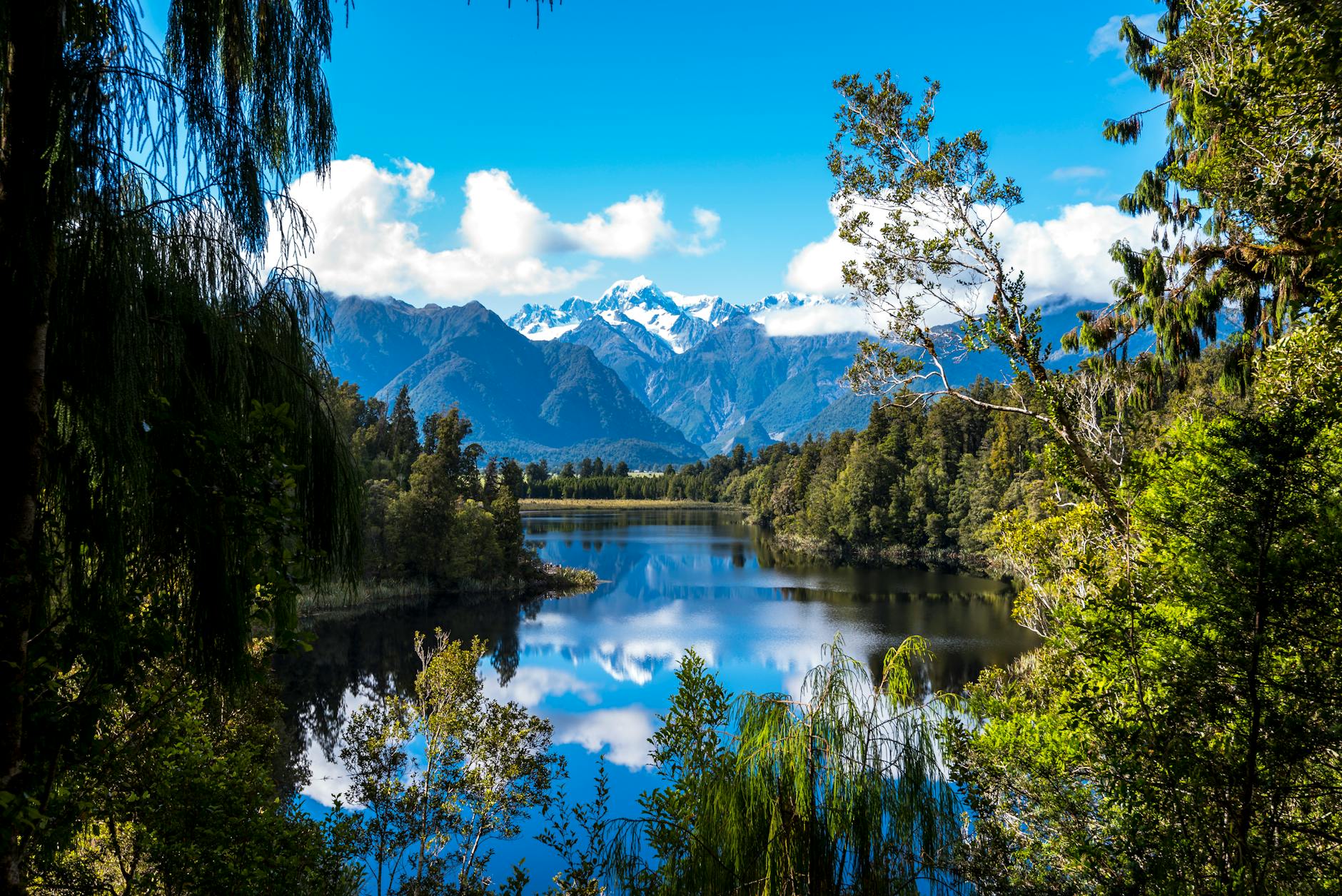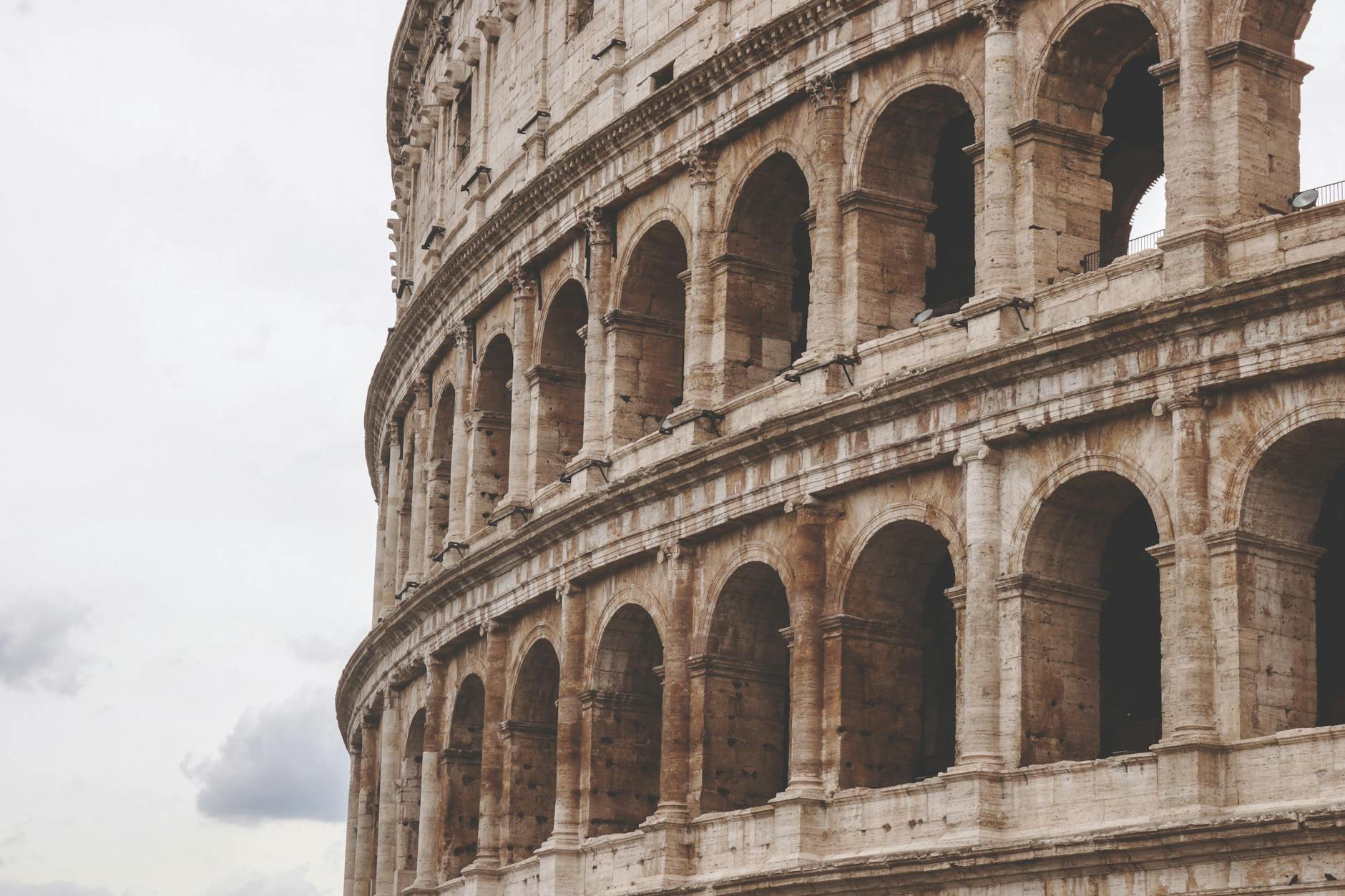August is more than just the end of summer in many countries. Around the world, it’s a month full of color, joy, culture, and celebration. From music festivals to age-old religious events, this month brings people together to mark tradition, art, harvest, and life. Here’s a journey across the globe to discover some of the most exciting festivals celebrated in August.
1. La Tomatina – Spain
Held in the town of Buñol near Valencia, La Tomatina is perhaps the world’s most famous food fight. Every year on the last Wednesday of August, thousands gather to throw overripe tomatoes at each other in a fun (and messy) celebration. The event lasts for just about an hour but is packed with high energy. It’s recommended to wear old clothes and swimming goggles if you’re planning to join in!
2. Obon Festival – Japan
Obon, or simply Bon, is a Buddhist event that honors the spirits of ancestors. Usually celebrated in mid-August (August 13–15), Obon is a time when families return to their hometowns to clean graves, light lanterns, and join traditional dances called Bon Odori. Towns and cities light floating lanterns to guide spirits back to their world. It’s a beautiful festival full of family bonds and deep respect.
3. Edinburgh Festival Fringe – Scotland
Edinburgh in August becomes the global capital of art and theatre. The Edinburgh Festival Fringe is the largest arts festival in the world. Thousands of performances, ranging from comedy and music to drama and dance, take place across the city. It’s a creative explosion and a must-visit for anyone who loves live entertainment and discovering new talent.
4. Janmashtami – India
One of India’s most celebrated festivals in August is Janmashtami, the birthday of Lord Krishna. This festival usually falls in mid to late August, depending on the lunar calendar. Devotees celebrate with fasting, singing devotional songs, and reenacting scenes from Krishna’s childhood.
In places like Mumbai and Mathura, the famous Dahi Handi event involves human pyramids trying to break a pot filled with curd hanging high above. It’s symbolic of Krishna’s love for butter and his playful spirit. The festive vibe, devotional energy, and colorful celebrations make Janmashtami unforgettable.
5. Burning Man – USA
Although held in the Nevada desert, Burning Man is a global phenomenon. Usually taking place in late August, this gathering is more than a festival—it’s a city created by the people who attend it. Art installations, music, self-expression, and community living define the experience. Nothing is sold; participants trade or gift items, and the grand finale includes the burning of a giant wooden man.
6. Notting Hill Carnival – United Kingdom
One of Europe’s biggest street festivals, the Notting Hill Carnival in London celebrates Caribbean culture and identity. Held over the last weekend of August, it brings colorful costumes, steel pan bands, and reggae rhythms to the streets. It started in the 1960s as a response to racial tensions and has grown into a joyful symbol of diversity, resilience, and pride.
7. Krishna Janmashtami – Nepal
Nepal also celebrates Krishna Janmashtami with great devotion. In places like Kathmandu and Patan, people gather in temples to offer prayers, chant hymns, and enact scenes from Krishna’s life. The atmosphere is lively and spiritual. Streets are decorated, and young people participate in singing competitions and plays. It’s a more devotional and cultural version compared to India’s Dahi Handi celebrations.
8. Guca Trumpet Festival – Serbia
Music lovers should not miss this one. Guca Trumpet Festival, held in the small town of Guca in Serbia, is a brass band celebration unlike any other. Thousands of people gather to dance, drink, and listen to some of the best trumpet performances in the world. It’s raw, loud, energetic, and full of Balkan soul.
9. Galway International Arts Festival – Ireland
Ireland celebrates creativity every August with the Galway International Arts Festival. Though it extends into July, a significant part happens in early August. It features visual art exhibitions, theatre, dance, and music concerts. Street performers, writers, and artists from around the world come to Galway to showcase their talents.
10. Hungry Ghost Festival – China and Southeast Asia
In countries like China, Malaysia, and Singapore, the seventh month of the lunar calendar (often August) is believed to be when spirits roam freely. Families burn paper offerings, make food sacrifices, and attend Chinese opera performances to please the spirits. It’s a mix of respect, superstition, and community bonding. Though not as festive as other events, it carries deep cultural significance.
11. Merdeka Day – Malaysia
While technically celebrated on August 31, Merdeka Day is Malaysia’s National Day, marking independence from British rule in 1957. The entire country gears up with parades, patriotic songs, traditional dances, and fireworks. Kuala Lumpur becomes the heart of the celebration. It’s a proud moment for Malaysians and a chance for visitors to witness a nation’s pride in full color.
Tips for Travelers Planning to Attend August Festivals
- Book Early: Some of these festivals attract thousands of tourists. Book flights and accommodation in advance.
- Check the Weather: August is summer in the north and winter in the south. Plan your clothing accordingly.
- Respect Local Customs: Festivals often have religious or cultural significance. Be mindful of behavior and dress codes.
- Capture the Moments: Festivals are a photographer’s dream. But always ask permission before taking close-up photos of people.
- Stay Hydrated: Many of these festivals involve outdoor events. Carry water, especially during the daytime.
Conclusion
August is a powerful month of celebration around the world. From dancing in the streets of London to meditating under the lights in Japan, each festival offers something unique. Whether you want spiritual insight, cultural connection, or just pure fun, there’s a festival waiting for you.
So pack your bags, pick your festival, and travel the world, one celebration at a time.
Disclaimer:
This article is for informational and cultural interest only. Festival dates may vary slightly each year, and some events might change or get canceled due to weather, health advisories, or other reasons. Always check official websites or local tourism boards before planning your trip.



